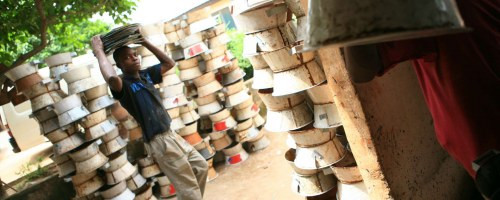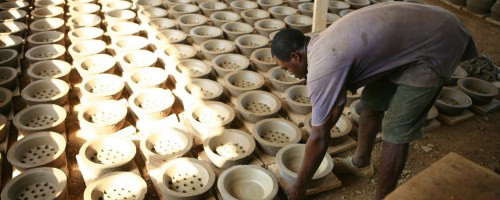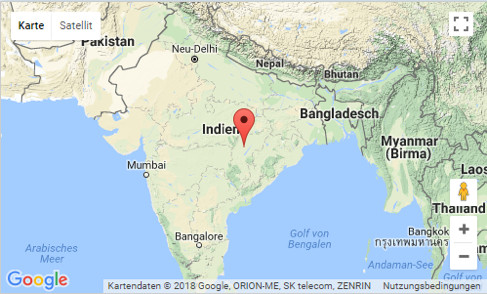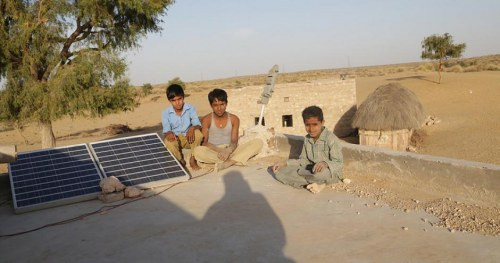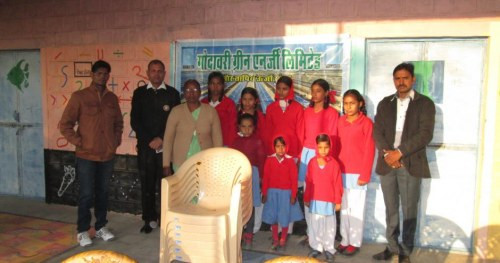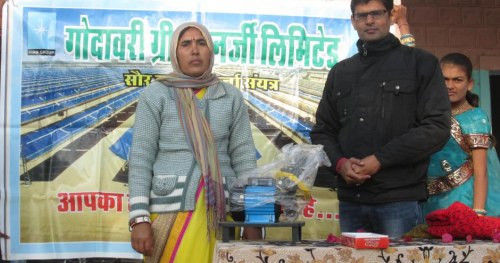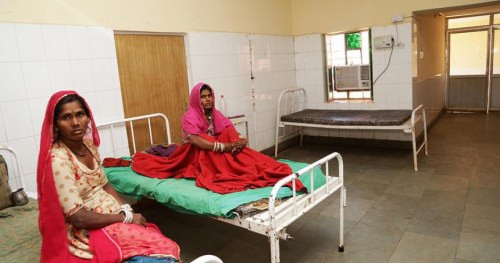EUROPEAN YOUTH PARLIAMENT DENMARK supports the following UN goals for sustainable development:
CARBON NEUTRAL COMPANY
EUROPEAN YOUTH PARLIAMENT DENMARK
Participant ID: DK-1993-1203
Valid until: 03.12.2019
This certificate guarantees that the reported quantity of 14 tons CO2 has been calculated according to Greenhouse Gas Protocol Standard, scopes 1, 2 and 3. The resulting emissions have been saved in Gold Standard tested climate projects.
EUROPEAN YOUTH PARLIAMENT DENMARK has acquired shares (certificates) in climate protection projects corresponding to the calculated volume of CO2 and therefore plays a transparent part in the realisation of the projects. This ensures that the company compensates for its own CO2 emissions, and thus scales back the rise in global warming.
The projects have been certified, and the issue and closure of the certificates is registered transparently.
EUROPEAN YOUTH PARLIAMENT DENMARK is therefore a voluntary participant in emissions trading, and thus makes a contribution to maintaining a viable environment by reducing the emissions of greenhouse gases. The holder of this certificate makes a sustainable contribution to the commitment to tackle global warming.
Dipl.-Ing. Frank Huschka
EUROPEAN YOUTH PARLIAMENT DENMARK supporting climate protection projects:
TOYOLA Cleaner cooking stoves
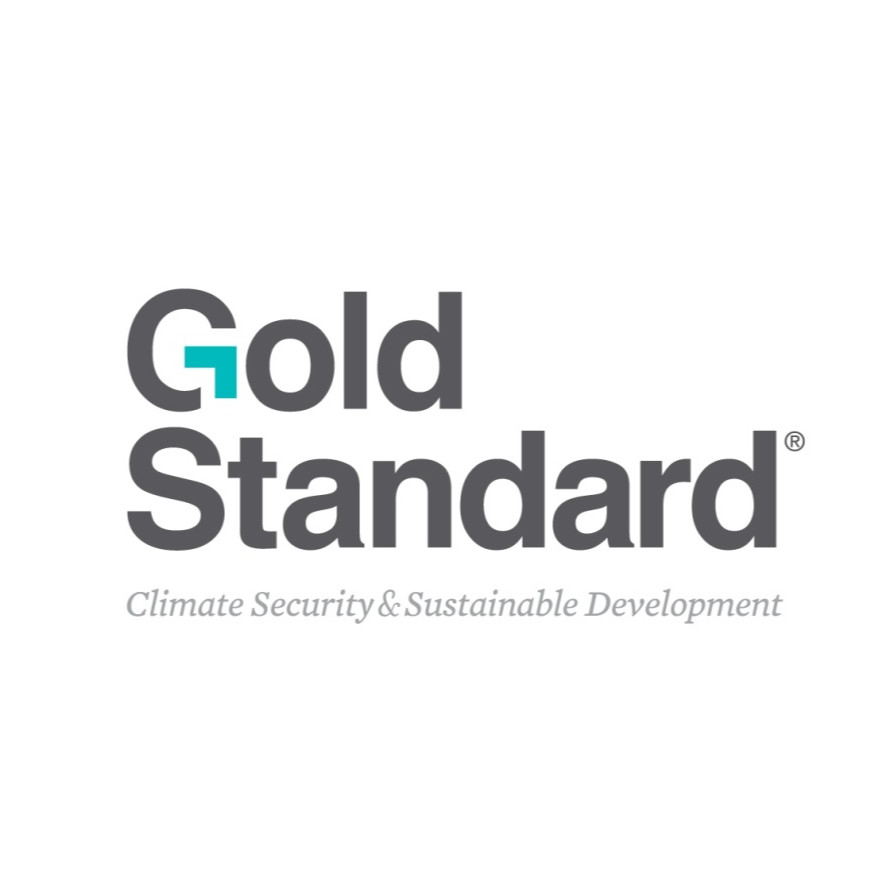
Ghana
Kontext
Ghana ist der grösste Pro-Kopf-Verbraucher von Holzkohle in Westafrika – schätzungsweise 69% aller städtischen Haushalte nutzen diesen Brennstoff. Alternativen wie Gasöfen sind zwar verfügbar, aber auch so teuer, dass ein Wechsel zu sauberer Energie schwierig wird.
Dieses Projekt ersetzt die kohlenstoffintensiven Kohletöfen durch brennstoffeffziente, isolierte Öfen, die so genannten Toyola-Kohleöfen. Diese Kohleöfen nutzen gewöhnliche Holzkohle, sind aber bis zu 33% effzienter und verringern die Menge an Holzkohle, die zum Kochen benötigt wird, um ein Vielfaches. Dies mindert auch Kohlendioxidemissionen und Entwaldung.
Dieses Projekt verbessert auch die Lebensbedingungen der lokalen Bevölkerung. Durch die Nutzung effzienter Kochöfen müssen die Menschen weniger Geld für Brennstoff ausgeben und sind im geringeren Maße gesundheitsschädlichen Luftschadstoffen ausgesetzt. Darüber hinaus haben sie eine schnellere Kochmöglichkeit und es ergeben sich lokale Beschäftigungsmöglichkeiten sowie zunehmende Sauberkeit und Komfort in den Häusern.
Toyola-Öfen werden zum Großteil aus Schrott hergestellt, der im Rahmen von Bauprojekten in ganz Ghana gesammelt wird. Das Projekt schafft Arbeitsplätze, fördert Recycling und reduziert Herstellungskosten.
Category Standard
Carbon | Gold Standard
Biomass Power Project 20MW at Godawari Power and Ispat Limited

India
In the project activity, biomass shall be combusted in the boiler for producing high pressure steam to generate 20MW electricity. The total annual generation of electricity from the project activity will be 126.72 GWh. The rice husk will be collected from a radius of 50km from projectsite. The project has obtained the requisite clearances and is commissioned on 01 November 2010.
Government of India has stipulated the following indicators for the sustainable development in the interim approval guidelines for Gold Standard projects.
economic value to the produce of farmers by procuring rice husk from the rice mills. This will definitely help the
millers to pay better price to the farmers for their paddy crop.
Since the biomass resources are to be collected and transported to the plant site from the fields, opportunities are being generated for the rural people to collect and transport the biomass residues. The rice husk transportation to site will provide employment opportunities to a number of trucks and other similar vehicles will be making trips to project site throughout the year. This will increase the transport related income and employment. The above benefits due to the project activity ensure that the project would contribute to social and economic wellbeing in the region.
otherwise is left un-utilised (left to decay or burnt). Thus it aids in the resource utilization and avoids pollution due to burning / dumping of biomass in nearby areas. Further, project activity replaces part of power generated in the grid using predominantly fossil fuels such as coal, lignite and gas. The project would not result in increase of GHG emissions and cause no negative impact on the environment.
Technological wellbeing: Successful implementation of this project would encourage other promoters to adopt
similar technology in the relevant sector and hence the project leads to technological wellbeing.
Category Standard
Carbon | Gold Standard 3547
Solar Thermal Power Plant by Godawari 50MW

India
Godawari Green Energy Limited is implementing a new 50 MW large-scale grid connected solar thermal power project (“Project activity”) in Jaisalmer district, Rajasthan, India. Project activity comprises of state-of-the-art, environment friendly, solar thermal power generation using parabolic trough technology. Project activity comes under the purview of large-scale, solar thermal power technology based project to be implemented in India.
Contribution to the Sustainable Development
a) Project activity would create employment opportunities during construction and operation stages. Such opportunities lead to higher income levels leading to removal of social disparities prevalent in Jaisalmer district in Rajasthan.
b) As the project activity is located in rural areas of combined regional grid, project activity would help in improvement of necessary basic infrastructure, such as roads.
a) The project activity would promote the application of solar energy based power generation investment which is a significant investment in a green field project in the region.
b) Encourage investors to make similar investments in promoting renewable power generation technologies.
a) Project activity has no negative environmental impact as relies on natural solar radiation for power generation technology.
b) Energy generated by the project activity leads to reduced emission intensity in Combined regional grid which otherwise would have generated from fossil fuel.
a) Technology to be used in the project activity would be robust, State-of-the-Art, first-of- its-kind thermal solar power generation technology.
b) Project activity promotes environmentally safe and sound technology.
Category Standard
Carbon | Gold Standard

